Russia Hands Down 13-Year Prison Term To Australian Ukraine Fighter
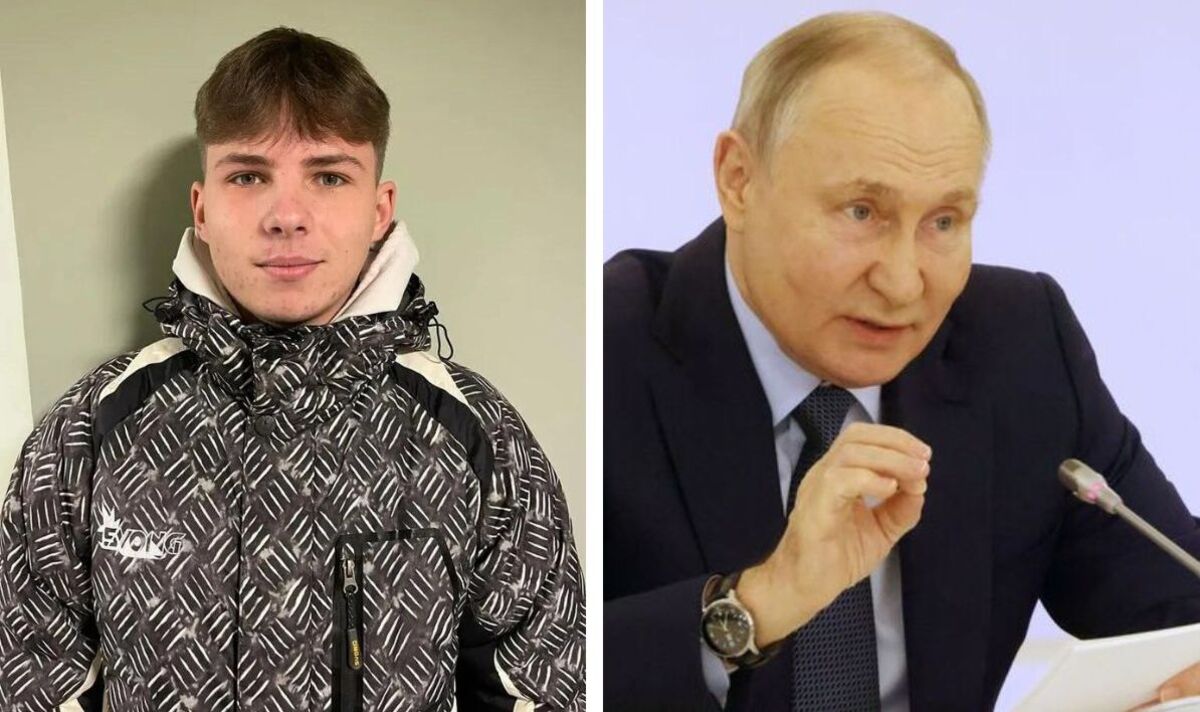
Table of Contents
The Case Against the Australian Fighter
Charges and Allegations
The Australian national, whose identity has been partially revealed in some reports but remains largely protected to prevent further complications, faced charges under Russian law related to mercenary activities and participation in an armed conflict against Russia. The specific allegations remain somewhat unclear due to the limitations on access to information from within Russia's judicial system, but it is understood that the prosecution focused on his alleged involvement in combat operations within the Donbas region. The legal framework used by the Russian prosecution draws upon articles in their criminal code which relate to terrorism and violent insurrection.
- Key allegations: Participation in armed conflict against the Russian Federation, alleged membership in a Ukrainian military unit, and possession of weapons.
- Evidence presented: The precise details of the evidence presented by the prosecution remain largely undisclosed. However, it’s believed that Russian authorities relied on intercepted communications, witness testimonies, and potentially recovered military equipment.
- Location and timeframe: The alleged offenses are reported to have occurred over a period of several months in the eastern Ukraine conflict zone, specifically around the Donbas region.
- Nature of the conflict and involvement: The Australian's involvement allegedly consisted of direct participation in military operations alongside Ukrainian forces.
The Trial and its Proceedings
Legal Representation and Defense Strategy
The Australian fighter's access to legal representation and the effectiveness of his defense have been points of contention and concern. Securing adequate legal counsel within the Russian judicial system presented significant challenges. Reports suggest that communication with the Australian government and family was limited during the trial process, raising concerns about transparency and due process.
- Details about the trial: The trial reportedly took place over a period of several weeks in a Russian court, with witness testimony and evidence presentations forming the core of the proceedings. The location is believed to be within Russia’s jurisdiction.
- Procedural irregularities: Concerns have been raised about potential biases within the Russian legal system and the lack of international oversight, questioning the fairness and impartiality of the trial.
- Australian government involvement: The Australian government has publicly expressed deep concern about the fairness of the trial and has provided consular assistance to the Australian citizen. However, due to the nature of the situation and the complex political relationship between Australia and Russia, their ability to directly influence the proceedings has been limited.
International Response to the Verdict
Statements from Australia and Allied Nations
The 13-year prison sentence has been met with widespread condemnation from Australia and its allies. The Australian government has strongly criticized the verdict, describing it as unjust and demanding a review. Statements from Western nations have echoed these sentiments, expressing concerns about the rule of law in Russia and the treatment of foreign nationals caught in the crossfire of the Ukraine conflict. International human rights organizations have also issued statements of concern, highlighting the potential violations of international humanitarian law.
- Government statements: Australian officials have labeled the sentence as “unacceptable” and have called for transparency in the legal process. Statements from allied nations, such as the United States and the UK, have reflected similar outrage and concern.
- International condemnation: The verdict has been widely condemned by the international community as disproportionate and politically motivated, further straining already tense relationships between Russia and the West. The UN has also expressed serious concern.
- Diplomatic efforts: Australia and its allies have engaged in diplomatic efforts to secure the release of the Australian fighter, though the prospects remain uncertain.
Implications and Future Outlook
Potential for Appeals and Prisoner Exchange
The possibility of an appeal remains, though success would be challenging given the complexities of the Russian judicial system and the charged political climate. A more realistic avenue for securing the Australian’s release might lie in prisoner exchange negotiations between Australia and Russia.
- Legal avenues for appeal: The Russian legal system allows for appeals, though the success rate is uncertain, especially in politically sensitive cases.
- Prisoner exchange precedents: While there have been instances of prisoner exchanges between Russia and other countries in the past, such negotiations are often complex, sensitive, and require careful political maneuvering.
- Political landscape: The current geopolitical tensions between Russia and the West make negotiations challenging. Any prisoner exchange would need to balance humanitarian concerns with broader geopolitical considerations.
- Humanitarian implications: The Australian fighter's well-being and the conditions of his confinement remain significant concerns.
Conclusion
The 13-year prison sentence handed down to the Australian Ukraine fighter represents a significant development in the ongoing Russia-Ukraine war and highlights the complex legal and political challenges faced by foreign nationals involved in the conflict. The international outcry underscores the severity of the sentence and raises questions about due process and the treatment of prisoners of war. The potential for appeals and prisoner exchanges remains uncertain, emphasizing the ongoing need for close monitoring of the situation. Follow the updates on this Australian Ukraine fighter, learn more about the ongoing situation in Ukraine, and stay informed on the legal battle facing this Australian fighter to fully comprehend the ramifications of this case.

Featured Posts
-
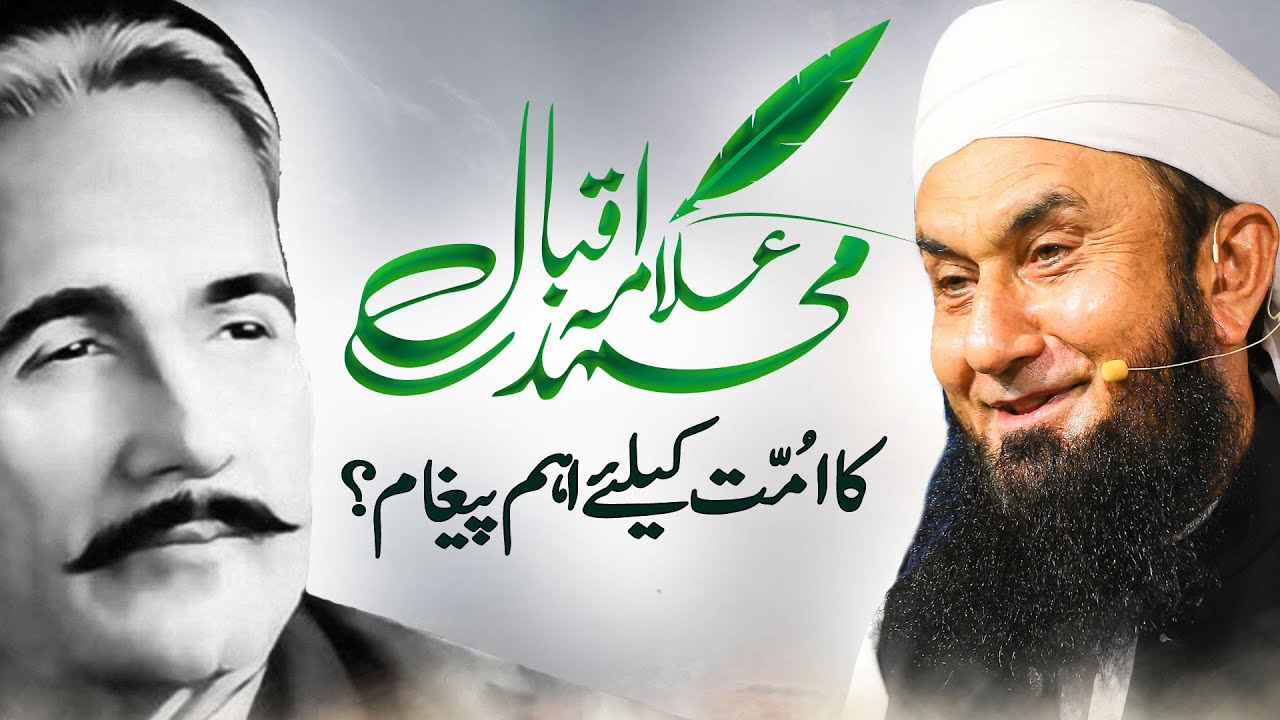 Alka Yagnk Ka Ankshaf Asamh Bn Ladn Myre Mdahwn Myn Phle Nmbr Pr The
May 18, 2025
Alka Yagnk Ka Ankshaf Asamh Bn Ladn Myre Mdahwn Myn Phle Nmbr Pr The
May 18, 2025 -
 Doom The Dark Ages A Deep Dive Into The Games Features And Story
May 18, 2025
Doom The Dark Ages A Deep Dive Into The Games Features And Story
May 18, 2025 -
 Alex Fine And Pregnant Cassie Ventura At Mob Land Premiere
May 18, 2025
Alex Fine And Pregnant Cassie Ventura At Mob Land Premiere
May 18, 2025 -
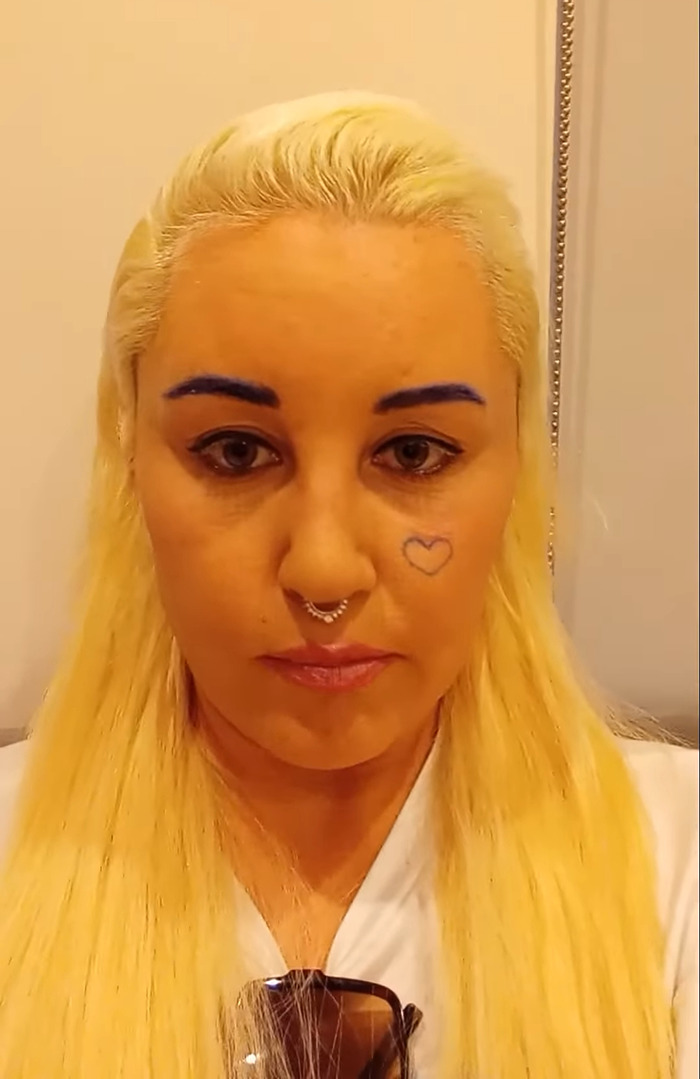 Former Child Star Amanda Bynes Joins Only Fans For 50 A Month
May 18, 2025
Former Child Star Amanda Bynes Joins Only Fans For 50 A Month
May 18, 2025 -
 Stephen Miller Tipped To Replace Mike Waltz As National Security Advisor
May 18, 2025
Stephen Miller Tipped To Replace Mike Waltz As National Security Advisor
May 18, 2025
Latest Posts
-
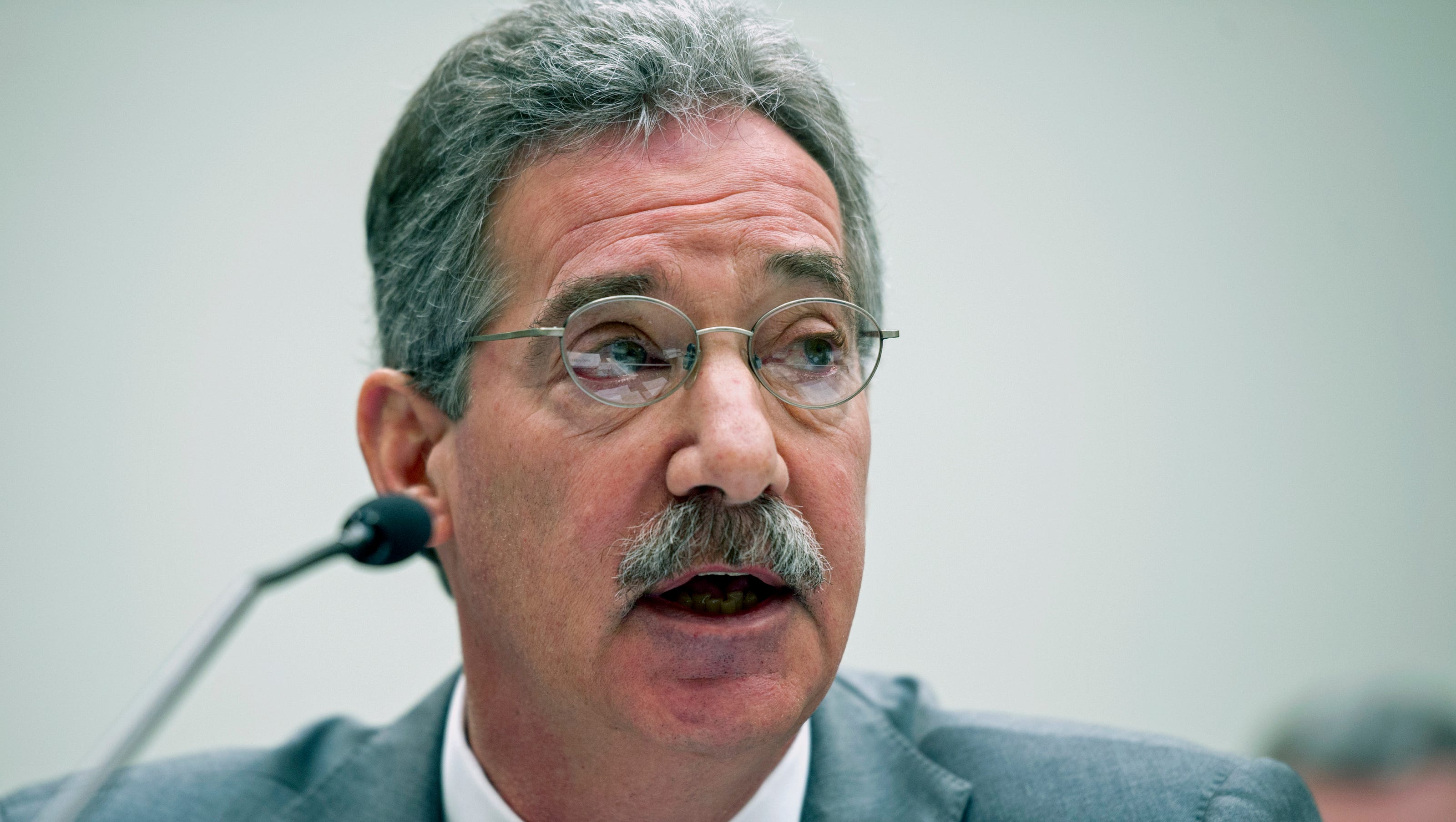 The Implications Of Stephen Millers Potential Nsa Appointment
May 18, 2025
The Implications Of Stephen Millers Potential Nsa Appointment
May 18, 2025 -
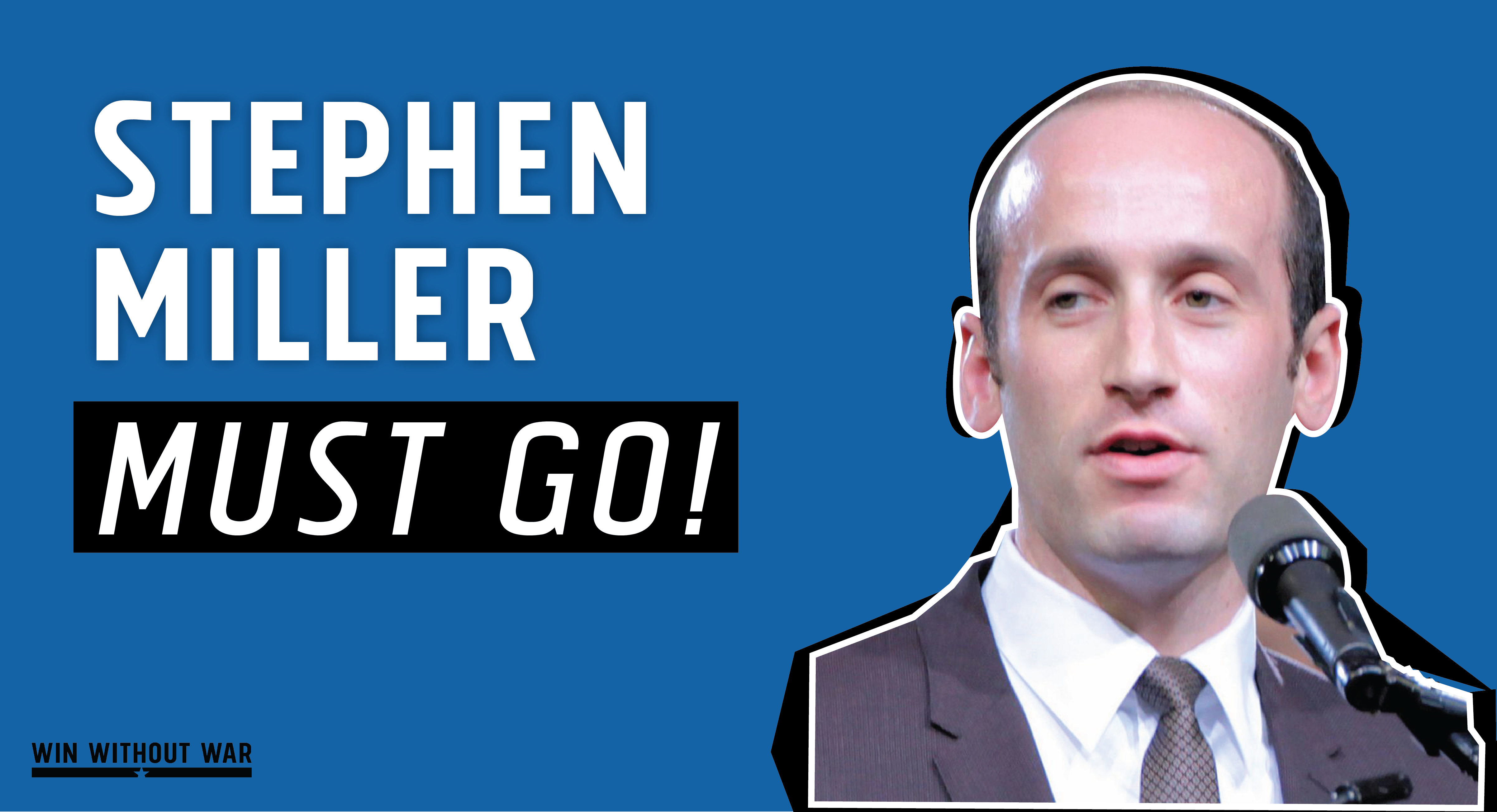 Is Stephen Miller The Right Choice For A National Security Position
May 18, 2025
Is Stephen Miller The Right Choice For A National Security Position
May 18, 2025 -
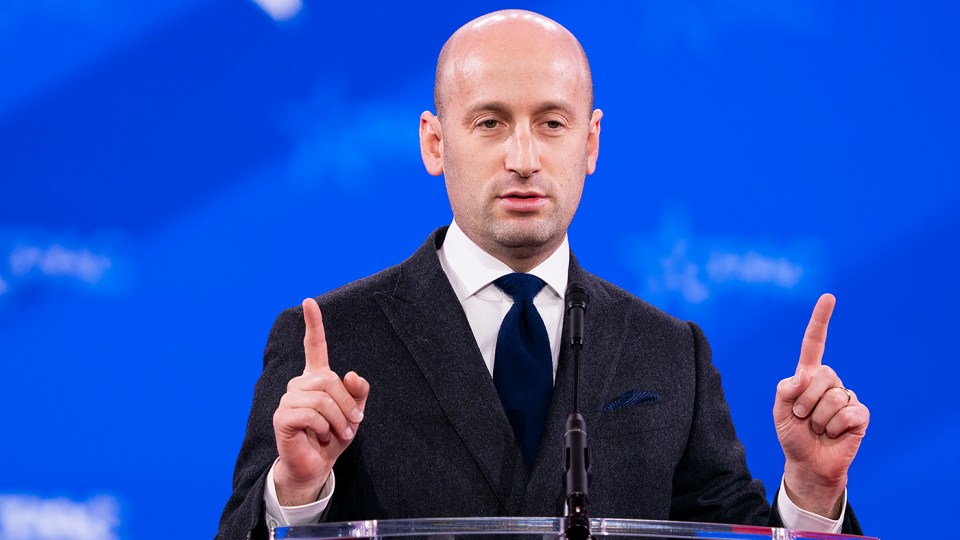 The Stephen Miller Nsa Speculation A Closer Look
May 18, 2025
The Stephen Miller Nsa Speculation A Closer Look
May 18, 2025 -
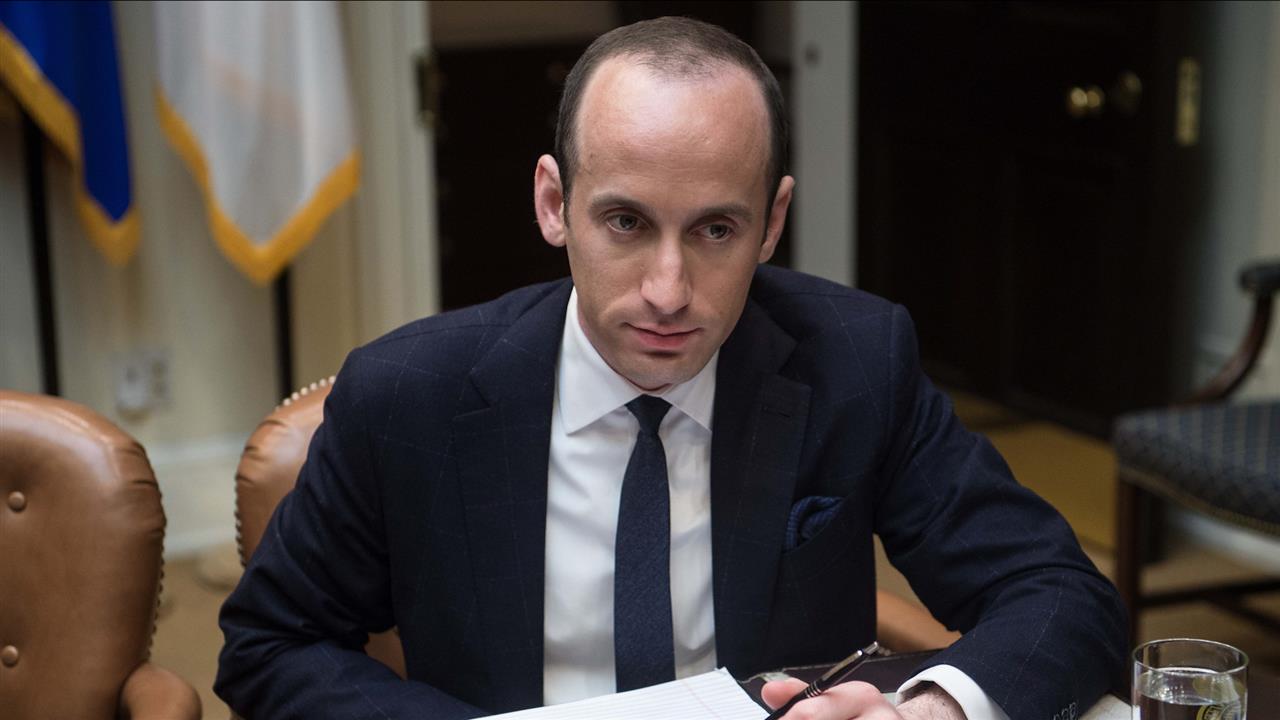 Will Stephen Miller Be Trumps Choice For National Security Advisor
May 18, 2025
Will Stephen Miller Be Trumps Choice For National Security Advisor
May 18, 2025 -
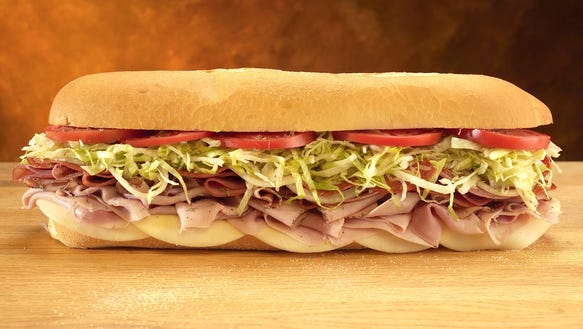 New Jersey Mikes Subs Restaurant Opens In Galesburg
May 18, 2025
New Jersey Mikes Subs Restaurant Opens In Galesburg
May 18, 2025
